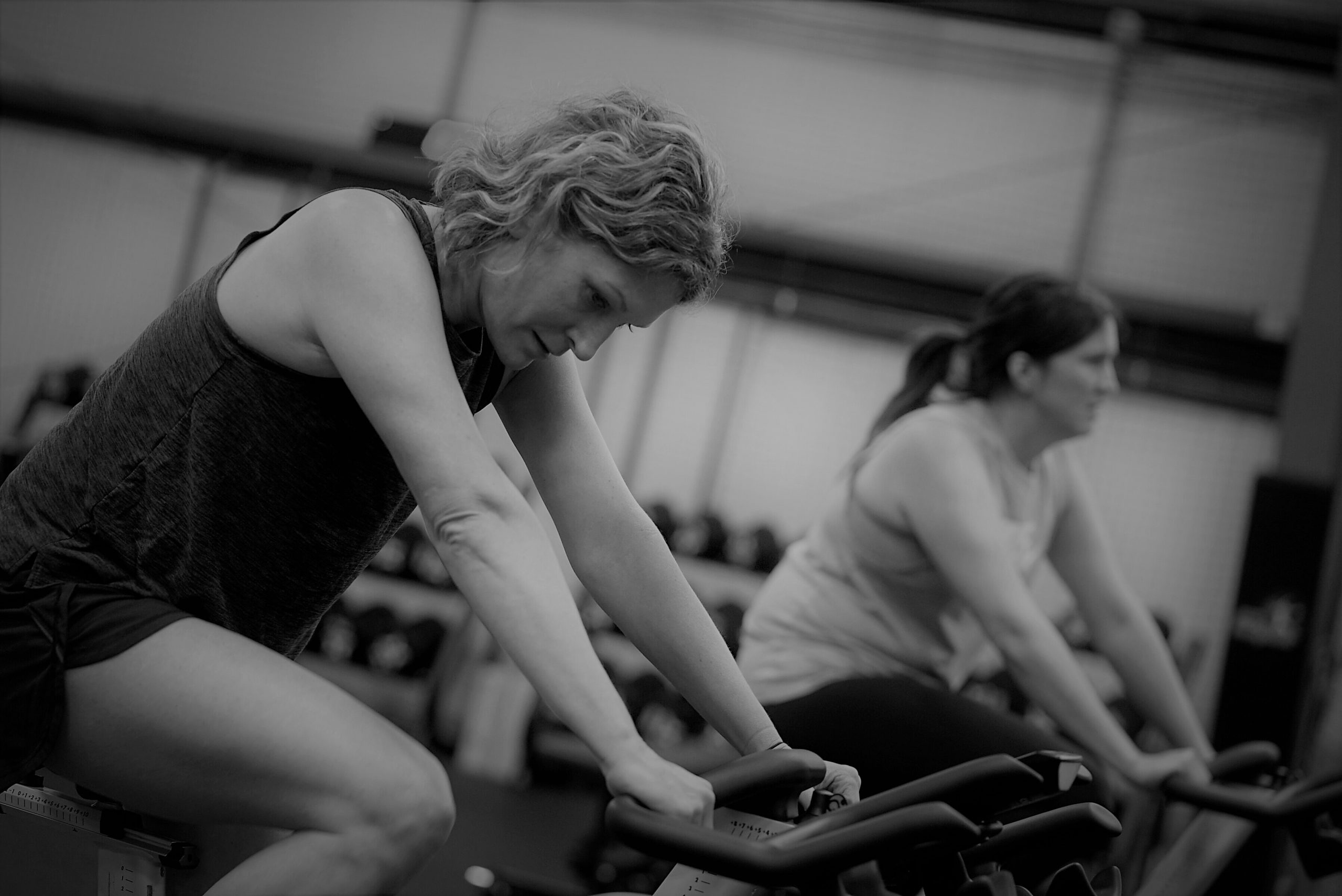
Athletes train hard to achieve peak physical fitness. While it’s important to know what exercises to perform to build muscle, which stretches provide the best results, or what diets can aid in their growth and recovery; building an effective workout routine and training strategy is about more than achieving peak physical health.
Mental well-being is an integral part of overcoming challenges and achieving an athlete’s highest physical performance on and off the field.
More and more athletes, trainers, coaches and medical practitioners are recognizing the benefits of a renewed focus on athletes’ mental health and how that focus can complement and improve their physical health.
Exercise benefits mental well-being: it can enhance mood, reduce anxiety and regenerate brain cells. It also works the other way around: mindfulness can be used to improve physical performance.
Student-athletes, in particular, can experience a lot of stress. Many younger athletes struggle with the physical and chemical changes brought upon by growth and the pressure of juggling school work with their sports commitments or jobs.
A focus on their mental health can significantly benefit performance in other areas, including sports and training. Mental health and physical health are paramount to success in sports and can be made stronger. For mental health, proper mental exercises and mindfulness are key.
Athletes who practice mindfulness become aware of thoughts that can hurt their physical performance, distract from focus, introduce negativity, or under-appreciate past performances. Awareness of these thoughts allows athletes to redirect and utilize their focus and mental energies to improve performance and help eliminate mental drain.
As one study that researched the benefits of yoga on physical performance states, “Increased mindfulness helps individuals to become aware of their stressors, reflect on the situation, and act accordingly. By regulating reactions to potential stressors, the perceived stress is decreased, and by developing an awareness of their breathing, mindful individuals may have calming effects on their sympathetic nervous systems, thus reducing their resting heart rates” (Hewett et al., 2011).
We believe that mindfulness and a focus on mental health can have lasting positive effects on performance and overall well-being.
That’s why we’re including a free one year membership to the Restoic app in our Unlimited Membership. With Restoic, our clients will be able to reach their potential, utilizing methods designed by sports psychologists to “increase confidence, motivation, resiliency, focus, mindfulness, mental toughness and more.”
A focus on mental health should be used in tandem with physical training. We’re fortunate to live in a time when the stigma of mental health is weakening and high-profile athletes are becoming more and more open about their mental health and the effects of mental health struggles on their performance.
As the stresses of life make their way into our athletes’ thoughts, it’s important to understand there are ways to treat those concerns or even use them to their advantage. Either way, we must focus on mindfulness and mental health in our workouts and training to give our athletes all the tools they need for continued success.
Becoming more aware and accepting of potential mental health stressors and practicing (training techniques set out in the Restoic App), along with physical training, can give student-athletes a more complete advantage versus physical training alone.
Resources:
https://www.apa.org/monitor/2011/12/exercise
https://www.science.org/content/article/how-does-exercise-keep-your-brain-young
Hewett, Z. L., Ransdell, L. B., Gao, Y., Petlichkoff, L. M., & Lucas, S. (2011). An examination of the effectiveness of an 8-week Bikram yoga program on mindfulness, perceived stress, and physical fitness. Journal of Exercise Science & Fitness, 9(2), 87-92.
Other Resources:
https://www.mindfulathletetraining.com/traditional-mental-skills
https://believeperform.com/mindfulness-improving-sports-performance-reducing-sport-anxiety/
https://www.apa.org/news/press/releases/2017/08/mindfulness-method
https://www.sciencenews.org/article/athlete-mental-health-mindfulness-psychology-elite-olympics
